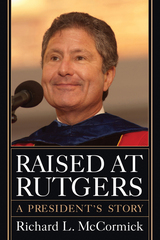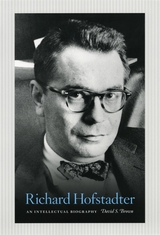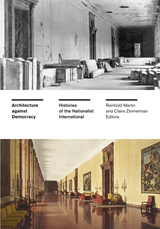3 start with R start with R

With understandable pride, McCormick recalls and relates Rutgers’s academic achievements during his presidency, including a renewed focus on undergraduate education and a significant increase in funding for research. Most dramatically, he chronicles the University’s protracted efforts to reclaim Robert Wood Johnson Medical School (and ultimately to acquire most of UMDNJ), a goal that was finally realized with crucial help from Governor Chris Christie and former governor Tom Kean.
Among the most honest accounts ever written of a college presidency, Raised at Rutgers takes the reader inside one of the best, and liveliest, public universities in America and highlights many of the most critical issues facing higher education today.

Ezra F. Vogel (July 11, 1930–December 20, 2020) was one of America’s foremost experts on Asia, mastering the Japanese and Chinese languages and contributing important scholarly works on both countries, and on their relationships with each other and with the world. Starting from modest roots in an immigrant family in a small town in Ohio, he came to Harvard in 1953 to train as a sociologist. He then shifted his focus to Asia, spending almost the entirety of his life at Harvard.
Vogel had a dramatic impact around the world, not only through his scholarship and the students he trained, but also through his friendship and mentoring of journalists, diplomats, business executives, and foreign leaders as well as through his public policy advice and devotion to institution building, at Harvard as well as nationally and internationally. Active until the end, his sudden death provoked outpourings of gratitude and grief from countless people whose lives he had affected. The present volume, containing fond reminiscences from 155 diverse individuals, conveys what was so extraordinary about the character and life of Ezra Vogel.

In this masterful biography, David Brown explores Hofstadter’s life within the context of the rise and fall of American liberalism. A fierce advocate of academic freedom, racial justice, and political pluralism, Hofstadter charted in his works the changing nature of American society from a provincial Protestant foundation to one based on the values of an urban and multiethnic nation. According to Brown, Hofstadter presciently saw in rural America’s hostility to this cosmopolitanism signs of an anti-intellectualism that he believed was dangerously endemic in a mass democracy.
By the end of a life cut short by leukemia, Hofstadter had won two Pulitzer Prizes, and his books had attracted international attention. Yet the Vietnam years, as Brown shows, culminated in a conservative reaction to his work that is still with us. Whether one agrees with Hofstadter’s critics or with the noted historian John Higham, who insisted that Hofstadter was “the finest and also the most humane intelligence of our generation,” the importance of this seminal thinker cannot be denied. As this fascinating biography ultimately shows, Hofstadter’s observations on the struggle between conservative and liberal America are relevant to our own times, and his legacy challenges us to this day.
READERS
Browse our collection.
PUBLISHERS
See BiblioVault's publisher services.
STUDENT SERVICES
Files for college accessibility offices.
UChicago Accessibility Resources
home | accessibility | search | about | contact us
BiblioVault ® 2001 - 2024
The University of Chicago Press









